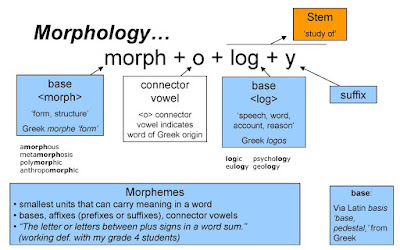Semantics: Sense
SENSE
If meaning were reference alone, then the meaning of words and expressions would be entirely dependent on the objects pointed out in the real world. For example, the meaning of dog would be tied to the set of canine objects. An obvious problem for such a theory, however, is that speakers know many words that have no real-world referents (e.g., hobbits, unicorns etc.). Yet speakers do know the meanings of these expressions. Similarly, what real-world entities would function words like of and by, or modal verbs such as will or may refer to? A further problem is that two expressions may refer to the same individual but not have the same meaning. For example, Barack Obama and the President currently refer to the same individual, but the meaning of the NP the President is, in addition, something like “the head of state,” which is an element of meaning separate from reference and more enduring. This element of meaning separate from reference is often termed sense.
Sense is the inherent part of an expression’s meaning that together with context, determines its referent. For example, knowing the sense of a noun phrase such as “the president of the United States in the year 2010 allows one to determine that Barack Obama is the referent. Sense is what you grasp when you understand an expression. It includes the properties that an expression has which distinguishes that expression from other expressions. For example sense of a chair is a seat with four legs and a back, sense of aunt is parent’s sister etc.
Unicorns and hobbits have sense but no reference (with regard to objects in the real world). Proper names typically have reference, but no sense. A name like Chris Jones may point out a certain person, its referent, but has little linguistic meaning beyond that.



Komentar
Posting Komentar
Life is short. There is no time to leave important words unsaid [Japanese Proverb]